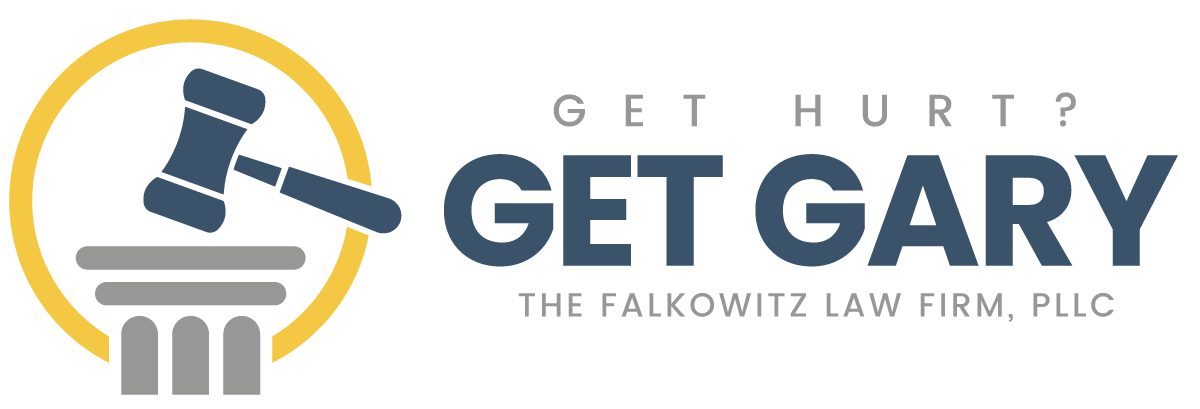Zantac has an active ingredient, ranitidine that is known to produce high levels of N-Nitrosodimethylamine (NDMA). The United States Food and Drug Administration, the Environmental Protection Agency, and the World Health Organization, have all classified NDMA as a chemical that can cause cancer.
What Exactly Is Behind the Cancer Scare and Zantac?
In 2019, Valisure, an online pharmacy did testing of Zantac and other products that contain ranitidine using methods approved by the Food and Drug Administration. In every lot that was tested, Valisure discovered alarmingly high levels of NDMA.
The testing done by Valisure showed that on average, more than 2,6000,00 ng of NDMA was present in Zantac 15mg tablets. Just as a comparison, the Food and Drug Administration has a permissible daily limit for NDMA of 96ng. This means that the NDMA contained in Zantac is approximately 28,000 times the legal limit.
To further put this into perspective, you would have to smoke at least 6,200 cigarettes to have the same level of NDMA contained in one 150mg dose of Zantac.
Valisure was so alarmed by their testing results, that they retested Zantac under the conditions that would normally be found in your stomach. Using these biological conditions, the levels of NDMA contained in one 150mg tablet of Zantac was approximately 3,100 times above the Food and Drug Administration’s allowable limit.
Was Zantac Recalled?
Valisure contacted the Food and Drug Administration regarding the extremely high levels of NDMA found in Zantac. As a result, several generic makers of the drug and various retailers issued a recall on Zantac until further investigations could be carried out.
In October of 2019, just a few weeks after Valisure’s testing, the Food and Drug Administration issued a statement to all Zantac/ranitidine manufacturers ordering them to conduct testing for NDMA.
On January 2, 2020, Emery Pharmacy, filed a citizen’s petition of its own that said that Zantac is a time and temperature-sensitive product that will develop NDMA when exposed to heat.
On April 1, 2020, the Food and Drug Administration requested that all Zantac and Zantac over-the-counter medications be pulled off the market immediately after they were able to determine that ranitidine products could expose the public to an unacceptable health risk.
Which Zantac Products Are Recalled?
The following companies have issued voluntary Zantac/ranitidine recalls before the Food and Drug Administration issued their withdrawal statement:
- American Health Packaging
- Amneal Pharmacies
- Apotex Corp
- Apco Pharma
- Denton Pharma
- Reddy’s Laboratories
- GlaxoSmithKline
- Glenmark Pharmaceuticals
- Golden State Medical Supply
- Lannett Company
- Novum Pharma
- Perrigo Company
- Precision Dose
- Sandoz
- Sanofi
Are There Signs that Zantac is Contaminated?
No, it is not believed that contaminants or impurities during the manufacturing process are the issues with Zantac. The elevated levels of NDMA contained in Zantac are inherent to the molecular structure of ranitidine, which means that the drug is defective by design.
What is NDMA?
NDMA, N-Nitrosodimethylamine is an organic chemical that is semi-volatile and forms in both industrial and natural processes. It was formerly used to produce rocket fuel, lubricant additives, and softeners for antioxidants and copolymers. Today, NDMA is used in the United States for research purposes.
NDMA is in a family of carcinogens that according to the Environmental Protection Agency and the World Health Organization, are classified as being capable of causing cancer.
What Kind of Cancers Can NDMA/Zantac Cause?
The Long Island, New York attorneys at The Falkowitz Law Firm are filing lawsuits on behalf of their clients who’ve been diagnosed with the following forms of cancer after taking Zantac/ranitidine:
- Bladder Cancer
- Breast Cancer
- Esophageal Cancer
- Intestinal Cancer
- Kidney Cancer
- Liver Cancer
- Lung Cancer – non-smokers
- Ovarian Cancer
- Pancreatic Cancer
- Prostate Cancer
- Stomach Cancer
- Testicular Cancer
- Thyroid Cancer
- Uterine Cancer
If you or a loved one isn’t sure whether you are eligible to file a lawsuit against Zantac we would like you to call us so we can review the facts of your individual case.
Should I Not Take Ranitidine?
Yes, the Food and Drug Administration has protected drug makers instead of the public by failing to have Zantac pulled from the shelves until recently. You should talk to your doctor about an alternative medication.
Is Any Dosage of Zantac Safe?
No. Because of the high levels of NDMA contained in Zantac, you should not take this medication. There are, however, several safe alternatives and you should speak to your doctor about which one may work for you.
Several safe alternatives to Zantac include Nexium, Pepcid, Prevacid, Prilosec, and Tagamet.
What Are Some of the Side Effects of Zantac/Ranitidine?
For adults, the most common side effects of ranitidine include:
- Atrioventricular block
- Bradycardia
- Diarrhea
- Difficulty Sleeping
- Dizziness
- Constipation
- Blurred vision
- Headache
- Uncommon bruising/ bleeding
- Vertigo
- Fatigue
- Infections
- Rashes
- Tachycardia
- Thrombocytopenia
- Premature Ventricular Beats
- Vitamin B12 Deficiency
- Liver Failure
- Hepatitis
- Jaundice
- Pneumonia
For Elderly or Extremely Ill Adults the most common side effects are:
- Agitation
- Confusion
- Depression
- Hallucinations
For Children the most common side effects are:
- Constipation
- Diarrhea
- Headaches
- Nausea
- Rashes
- Vomiting
If you or a loved one isn’t sure whether you are eligible to file a lawsuit against Zantac, the Zantac attorneys at The Falkowitz Law Firm in Long Island, NY would like you to reach out to them so they can review the facts of your individual case.





